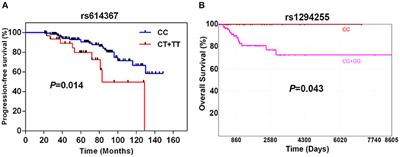ORIGINAL RESEARCH
Published on 04 Mar 2021
Silencing of PGK1 Promotes Sensitivity to Paclitaxel Treatment by Upregulating XAF1-Mediated Apoptosis in Triple-Negative Breast Cancer
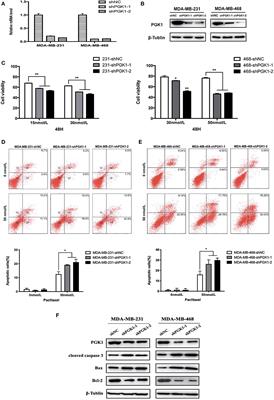
doi 10.3389/fonc.2021.535230
- 2,513 views
- 13 citations
20k
Total downloads
66k
Total views and downloads
ORIGINAL RESEARCH
Published on 04 Mar 2021

ORIGINAL RESEARCH
Published on 11 Jan 2021
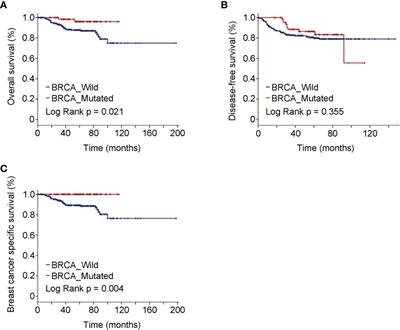
REVIEW
Published on 20 Nov 2020
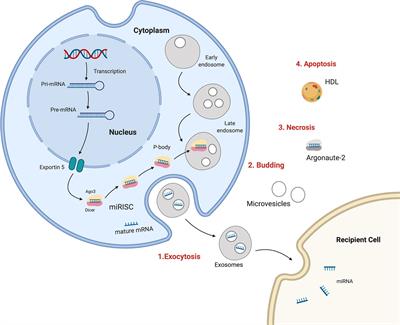
REVIEW
Published on 12 Nov 2020

ORIGINAL RESEARCH
Published on 09 Oct 2020
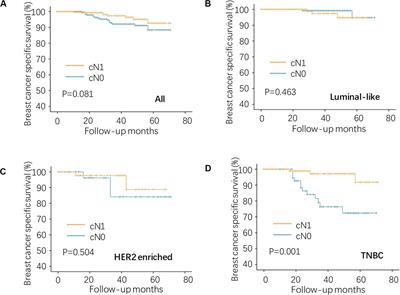
ORIGINAL RESEARCH
Published on 30 Sep 2020
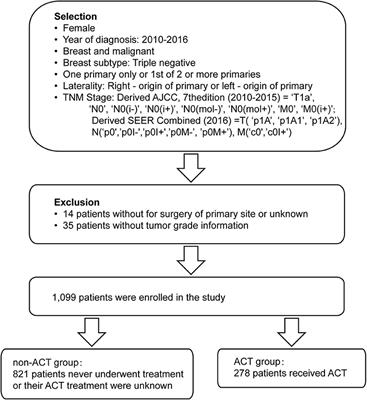
ORIGINAL RESEARCH
Published on 05 Aug 2020
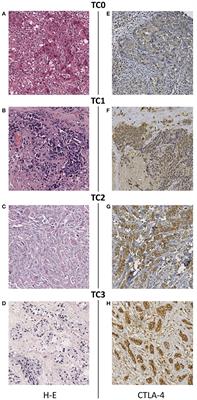
ORIGINAL RESEARCH
Published on 28 Jul 2020
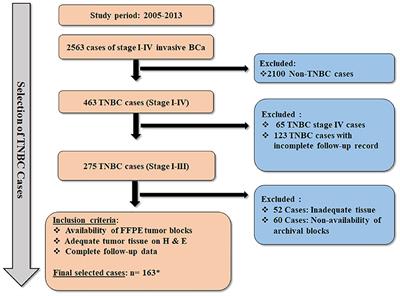
ORIGINAL RESEARCH
Published on 17 Jun 2020
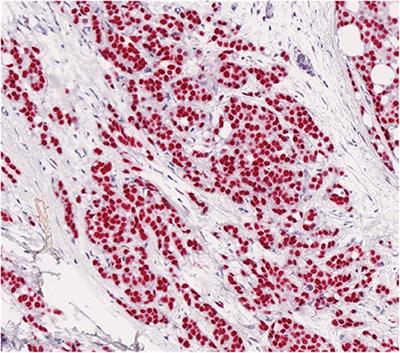
ORIGINAL RESEARCH
Published on 06 Dec 2019
